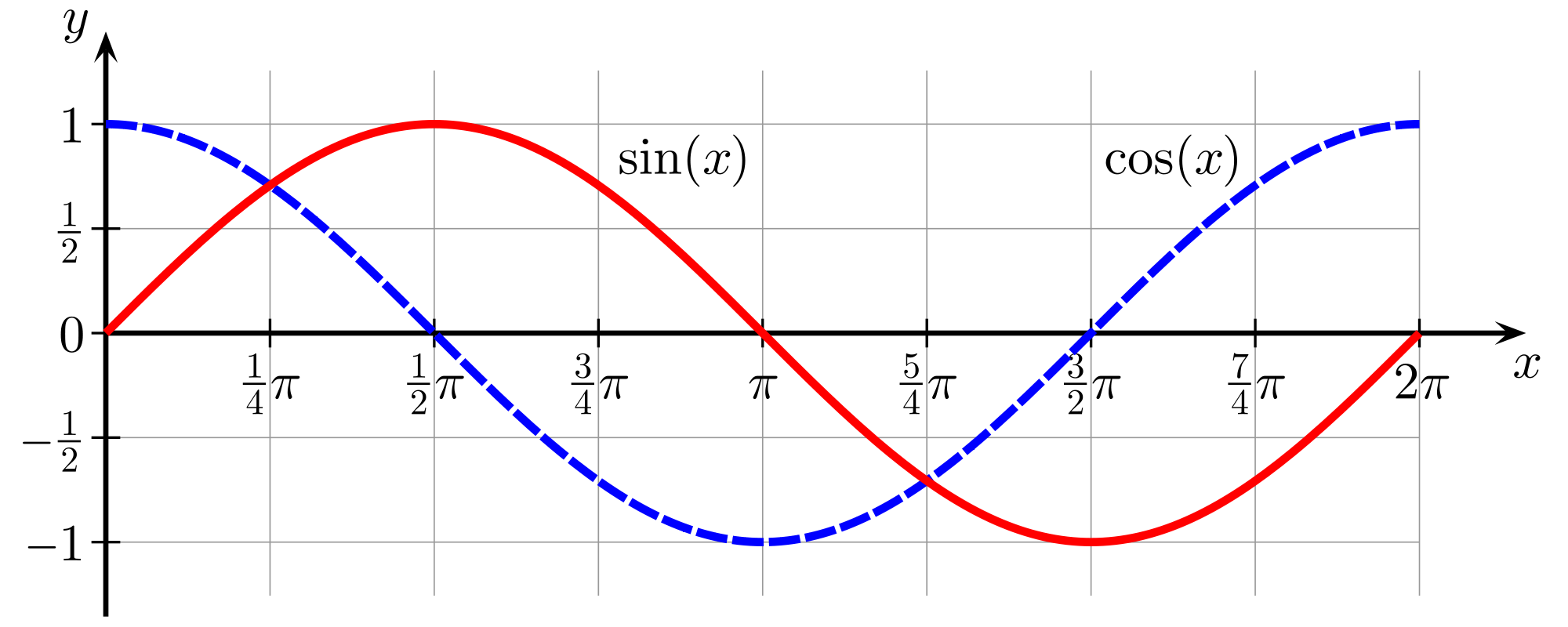Rotating an object:
This is my note on rotating objects.
This is a fundamental concept of math: sin, cos and complex numbers are used for rotating a body. To visualize this concept, I used the SDL_2 library with C. I believe that C is the best language for understanding but it is not that practical.
Using sine and cosine.
Firstly, have a look at the code:
const int angleIncrement = 10, centerX = WINDOW_WIDTH / 2, centerY = WINDOW_HEIGHT / 2;
double angle = angleIncrement * Pie / 180; // Convert angle to radians
for(int i = 0; i < totalPointOfX_Y; i++){
double originalX = x[i] - centerX;
double originalY = y[i] - centerY;
x[i] = centerX + originalX * cos(angle) - originalY * sin(angle);
y[i] = centerY + originalX * sin(angle) + originalY * cos(angle);
}
Prerequirements:
- X & Y of all vertex of the said object must be known else another method can be used.
So what the hell is that?
Understanding the Code:
-
Constants:
-
angleIncrement is the angle change per frame. If Angle was 10, next frame it will be 20 and next 30 and so on...
-
centerX && centerY is the point from which the rotation takes place.
-
-
angle: computer uses the unit of radian for calculation so a simple conversion: Formulae: $$\text{angleInDegree} = \frac{\text{angleInRadian} \times \pi}{180}$$ $$\text{angleInRadian} = \frac{\text{angleInDegree} \times 180}{\pi}$$
-
The Loop: Basically the loop is acting on all of the vertex and applying the same formulae based on the common center of rotation:
$$x' = x \cos(\theta) - y \sin(\theta)$$ $$y' = x \sin(\theta) + y \cos(\theta)$$
Derivation of formulae is on another section. Click Here.
Highly recomended to look at the derivation to better your concept as a programmer.
In short, the rotation happens upon a center X, Y which in my case is the center of the screen. (The value can be changed to change the center) Sin and Cos have a unique graph to them from their primary definition. Y is defined by sine of the angle while cos is defined by the x-coodinate.

What happens if the graph is limited to single point while
Again, look at the derivation to better understand the formulae.
Using Complex Numbers:
On Development...